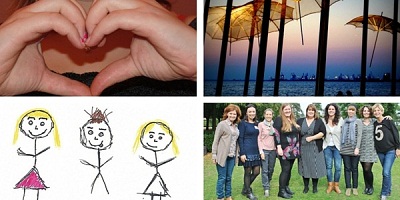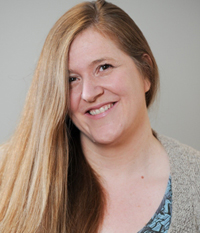Behind closed doors: siblings experiencing domestic violence at home take on role of the carer, say University experts
Date 29.01.2016
29.01.2016
Even when growing up in an unpredictable home environment, children experiencing domestic violence have an amazing capacity to care – for their siblings and their parents – which helps them to cope with their domestic situation, researchers have found.
Over the two year ‘Understanding Agency and Resistance Strategies – Children in Situations of Domestic Violence’ (UNARS) project, funded by the European Commission, researchers interviewed 110 children who have experienced domestic violence. Led by the University of Northampton’s Dr Jane Callaghan, the project was the largest qualitative study of children’s experiences of domestic violence conducted in the world.

Dr Jane Callaghan explained:” What struck us most forcibly in our work on the UNARS project was the creative ways that children found to cope with incredibly difficult family circumstances. In this paper, we particularly focus on the way that children’s caring relationships provide a space for them to explore their ability to take action to protect themselves and others. We outline how these caring relationships themselves boost children’s sense of coping. Brothers and sisters were able to support each other and through that support to hold on to a sense of themselves, despite the violence and controlling behaviour they experienced in their homes.”
The report, ‘Children’s experiences of domestic violence and abuse: Siblings’ accounts of relationship coping’, by Dr Jane Callaghan, Joanne Alexander, Professor Judith Sixsmith, and Dr Lisa Fellin, is published in the December issue of Clinical Child Psychology and Psychiatry. Clinical Child Psychology and Psychiatry is a peer reviewed journal that brings together clinically oriented work from an international and multidisciplinary perspective, offering comprehensive coverage of clinical and treatment issues across the range of treatment modalities.
—
Top image: artwork by children interviewed during the project, and team UNARS.
Bottom image: Dr Jane Callaghan.